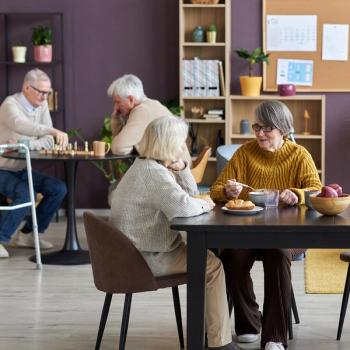
Explore essential mental health support strategies for older adults with cancer, addressing grief, community resources, and tailored care approaches.

Explore essential mental health support strategies for older adults with cancer, addressing grief, community resources, and tailored care approaches.
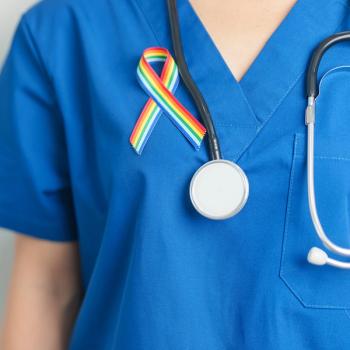
Oncology nurses and APPs can help reduce discrimination faced by patients with cancer who are members of the LGBTQIA+ community.

AYA Cancer Awareness Month offers an opportunity for nurses to go further in supporting AYAs with cancer.
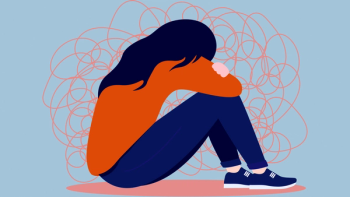
Adolescent and young adult survivors of cancer face increased substance use risks due to developmental delays, limited support, and coping mechanisms, necessitating targeted prevention.
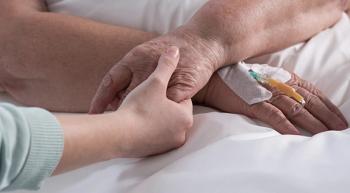
"When most people hear the words palliative care, they immediately think about hospice or end-of-life care. This includes most medical professionals."
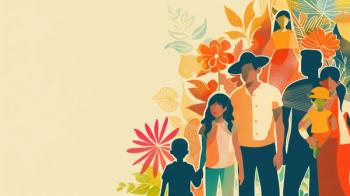
Understanding psychosocial implications, barriers, risks, and impacts.
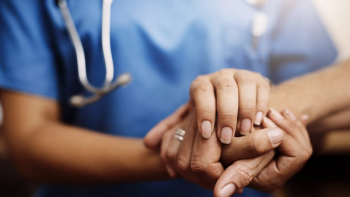
To improve the well-being of these caregivers and their patients with cancer, oncology nurses and APPs should prioritize cultural competence, language support, and accessible resources.
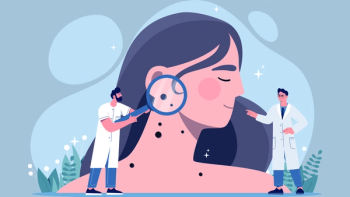
One expert wrote that through education, prevention, and support, oncology nurses may play a role in reducing health inequities in melanoma.

Advanced care planning can benefit both the patients with cancer and the oncology nurses who work in intensive care units, as it may potentially reduce stress and moral distress.

The journey toward vicarious resilience is not only possible but essential—for ourselves, our patients, and it is the very essence of health care.

Oncology nurses can help patients with metastatic lung cancer find meaning in their experiences and potentially help them cope more effectively with their diagnosis.

Wilderness therapy is a nontraditional form of therapy that uses components of exposure to outdoor activity and mental health treatment.
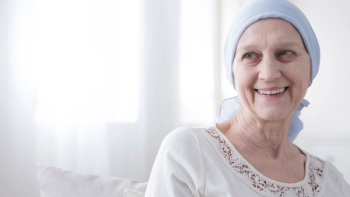
Drama therapy may be a unique approach to help patients with cancer express themselves and improve their emotional well-being. It can also help health care professionals improve their communication skills.

Oncology nurses can help their patients navigate misinformation that they may find online.

When engaging with a family member of a patient who has died, nurses should consider using immediate interventions aimed at supporting the loved ones who are in shock and in pain following their loss.

Medical providers should strive to make all patients feel welcome and safe.

The rise of social media platforms has helped foster a community for adolescent and young adult patients with cancer.

Undocumented patients with cancer face additional barriers to care.
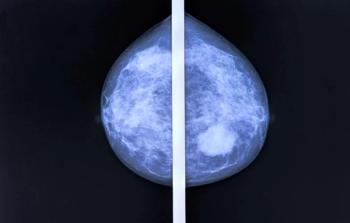
Early detection is key to improving prognosis and achieving better outcomes for patients.

Within this intense experience, caregivers can often find themselves physically and emotionally exhausted

BIPOC patients diagnosed with breast cancer often face additional barriers–like health disparities, health literacy, and lack of knowledge of the psychosocial effects–in comparison to other ethnic groups.

The reasons for LGBTQ+ health care disparities are complex but unequivocal, founded in many socio-economic and cultural factors.
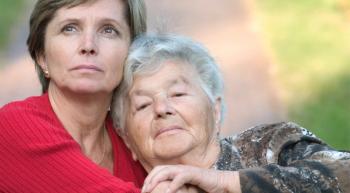
Any patient with cancer needs a caregiver through the treatment journey, but it's even more vital for patients with cancer undergoing the stem cell transplant process.

CancerCare celebrated its 75th anniversary by revealing a new campaign "If It Matters To You, It Matters To Us."

The ongoing dialogue regarding healthcare payment reform that attempts to incentivize high-value care by linking reimbursement to quality rather than quantity has largely ignored the ultimate consumer/buyer—the patient.

In an effort to help individuals gain access to breast health services, Barbells for Boobs and CancerCare®, the leading national cancer support organization, have officially launched the NYC Support Line.

2018 Hurricane preparedness fund to aid Southeastern residents living with cancer

Nurses, doctors, social workers, and the rest of the medical team and facility staff at treatment centers have the ability to bring hope, gratitude, peace, and love, all part of spirituality—to their patients.

App aims to help people affected by cancer manage the symptoms of treatment, let go of anxiety, achieve deep, restful sleep and stay emotionally balanced.
